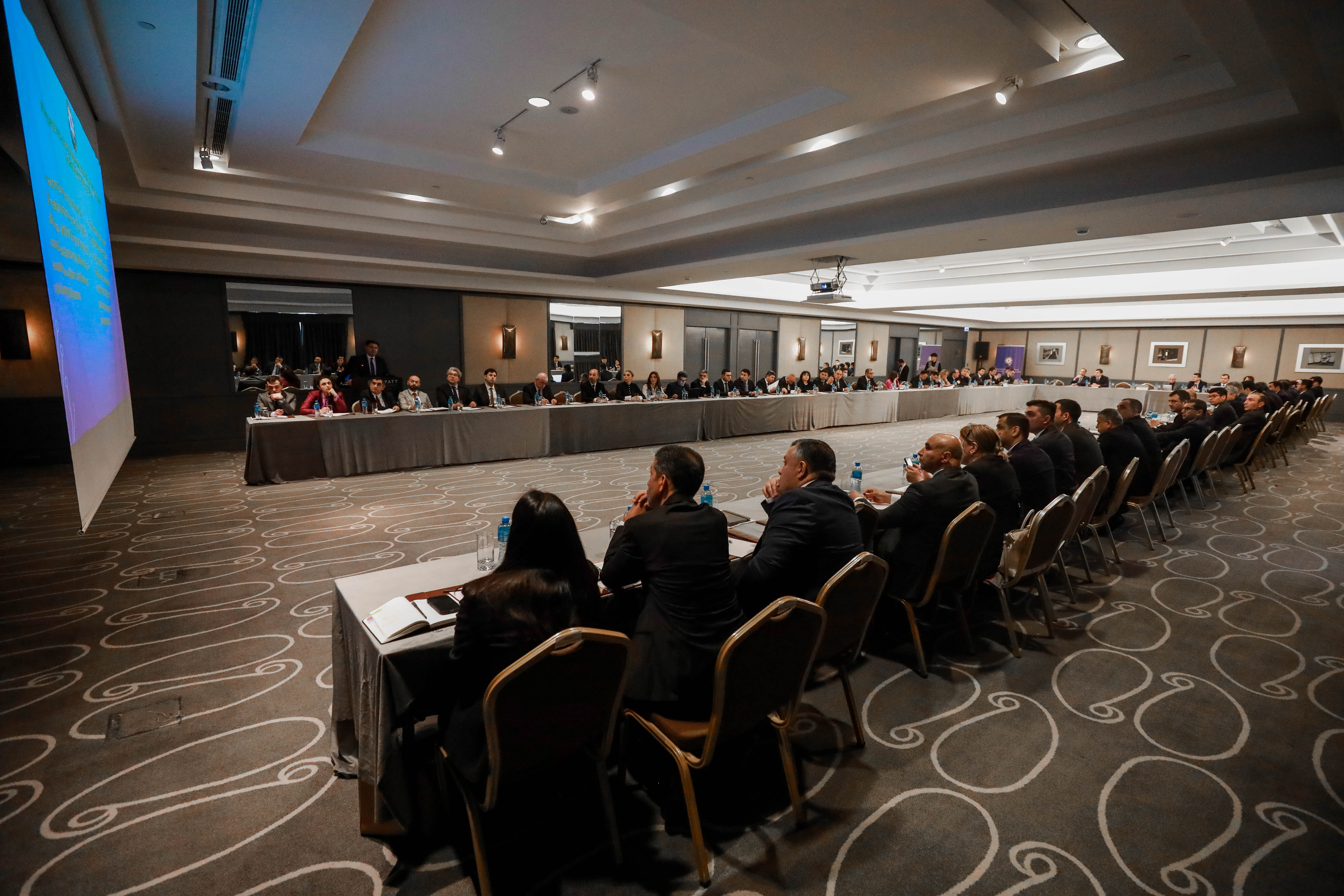
The First Joint Meeting of the Working Groups under the Commission was held in 2025
On April 8, 2025, the first joint meeting of the working groups operating under the Commission on Combating Corruption of the Republic of Azerbaijan (hereinafter – the Commission) was held at the “Hyatt Regency Baku” hotel in Baku.
The meeting was organized in accordance with the Regulation approved by the Commission’s decision dated February 6, 2025. Its purpose was to define the working groups’ priorities for the upcoming period, strengthen cooperation, and promote the application of effective mechanisms in the prevention of corruption.
Representatives of the Department for Work with Law Enforcement Bodies and the Department for State Supervision Issues of the Presidential Administration of the Republic of Azerbaijan, as well as staff members of the Commission’s Secretariat, delivered presentations and speeches on the following topics:
-
Perspectives on improving anti-corruption legislation;
-
Exchange of views on issues to be addressed in the upcoming “Anti-Corruption Law” publication;
-
Guidelines for the preparation of the “Anti-Corruption Law” publication;
-
Procedures and existing challenges in monitoring state programs;
-
Indicators and criteria used to evaluate the implementation of the “National Action Plan for Strengthening the Fight Against Corruption for 2022–2026”.
The meeting featured active discussions and idea-sharing among participants, who also put forward valuable suggestions regarding the work of the various specialized working groups under the Commission.
During the session, a questionnaire was distributed to all participants to gather their expectations, recommendations, and opinions on priority areas for the working groups. This input will serve as a basis for planning and guiding future activities.
Following the joint session, each working group was expected to hold a separate internal meeting to elect a chair and a secretary and to define concrete action plans and priorities.
The event was attended by over 80 participants, including representatives of state bodies, higher education institutions, non-governmental organizations, and independent experts.
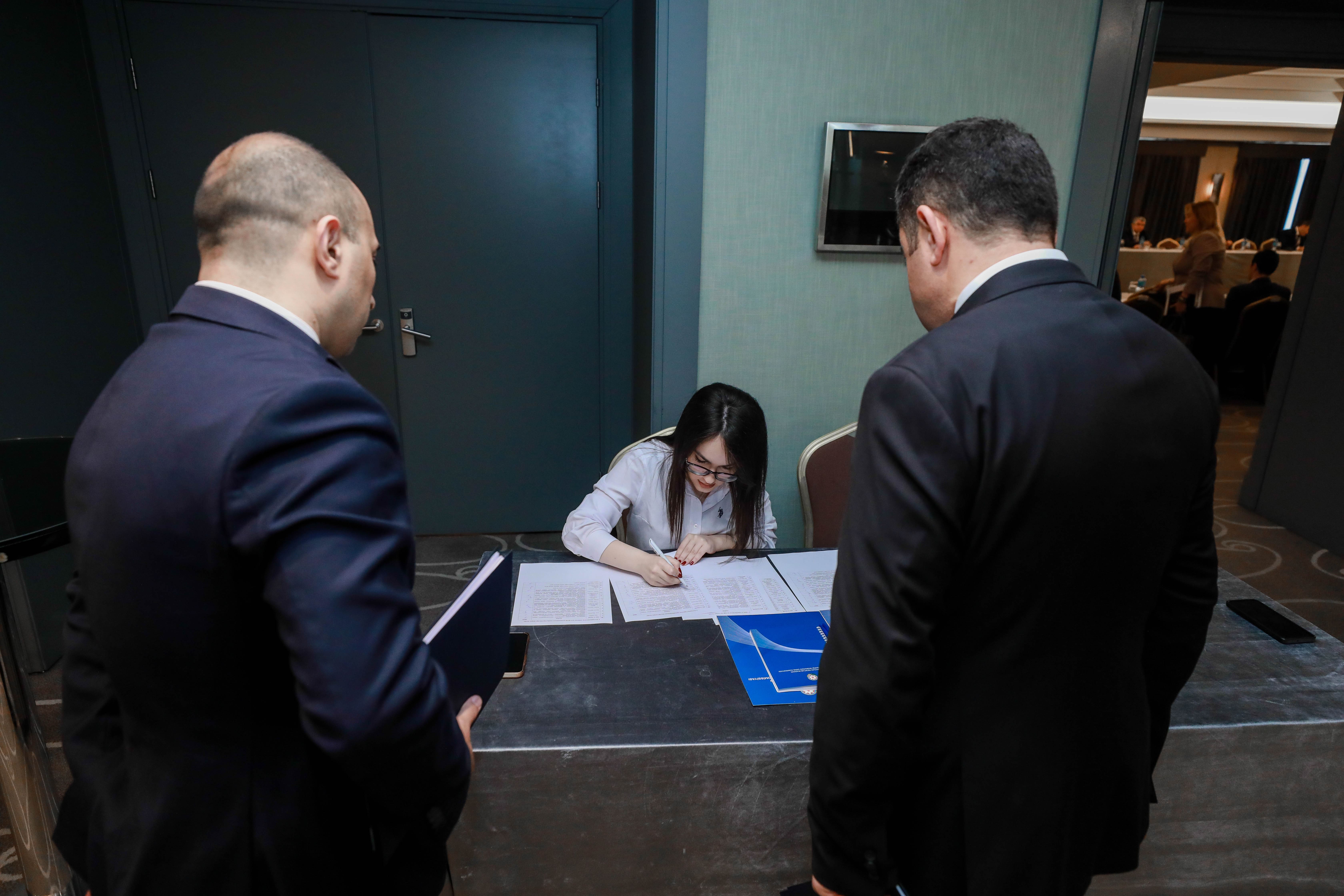
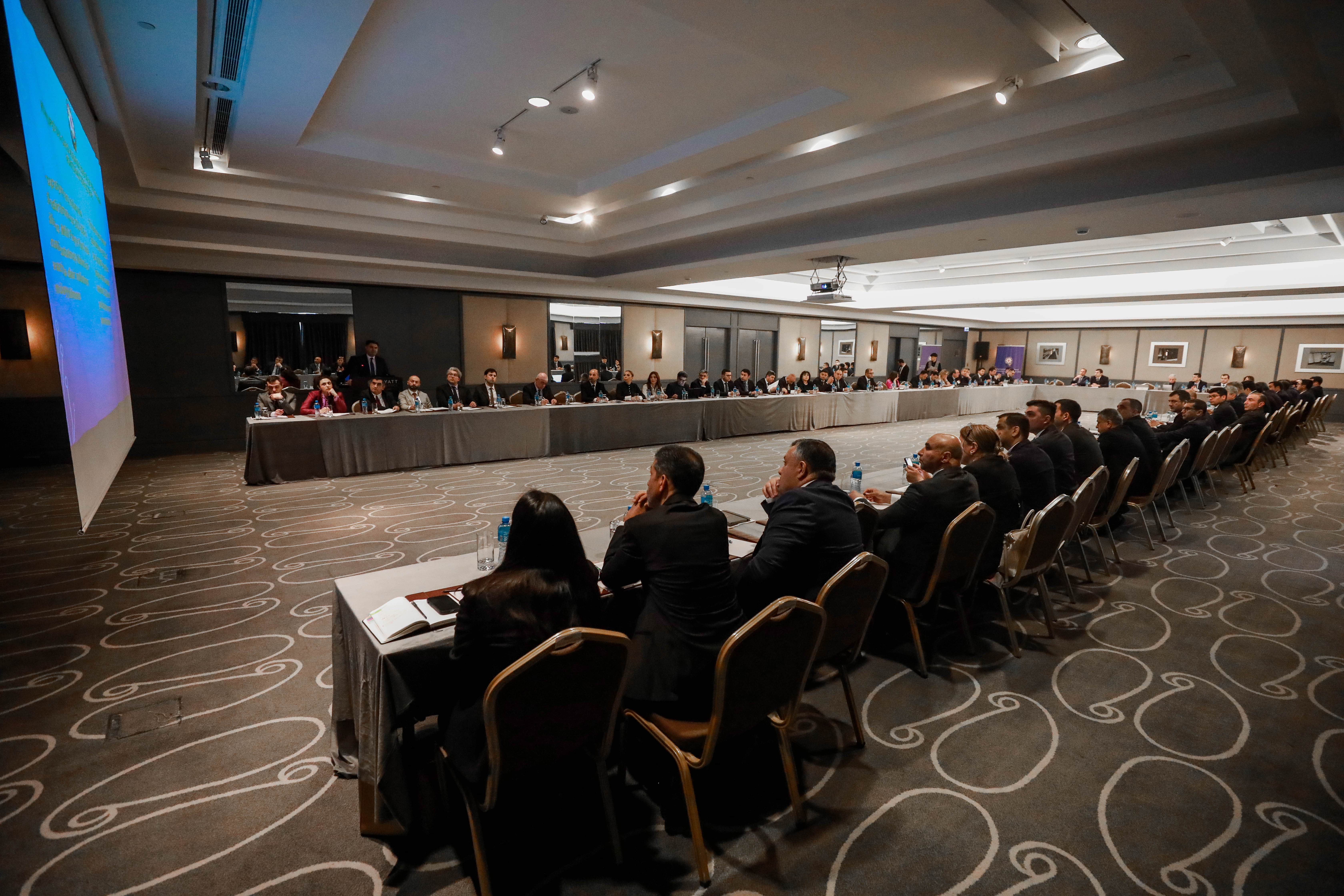
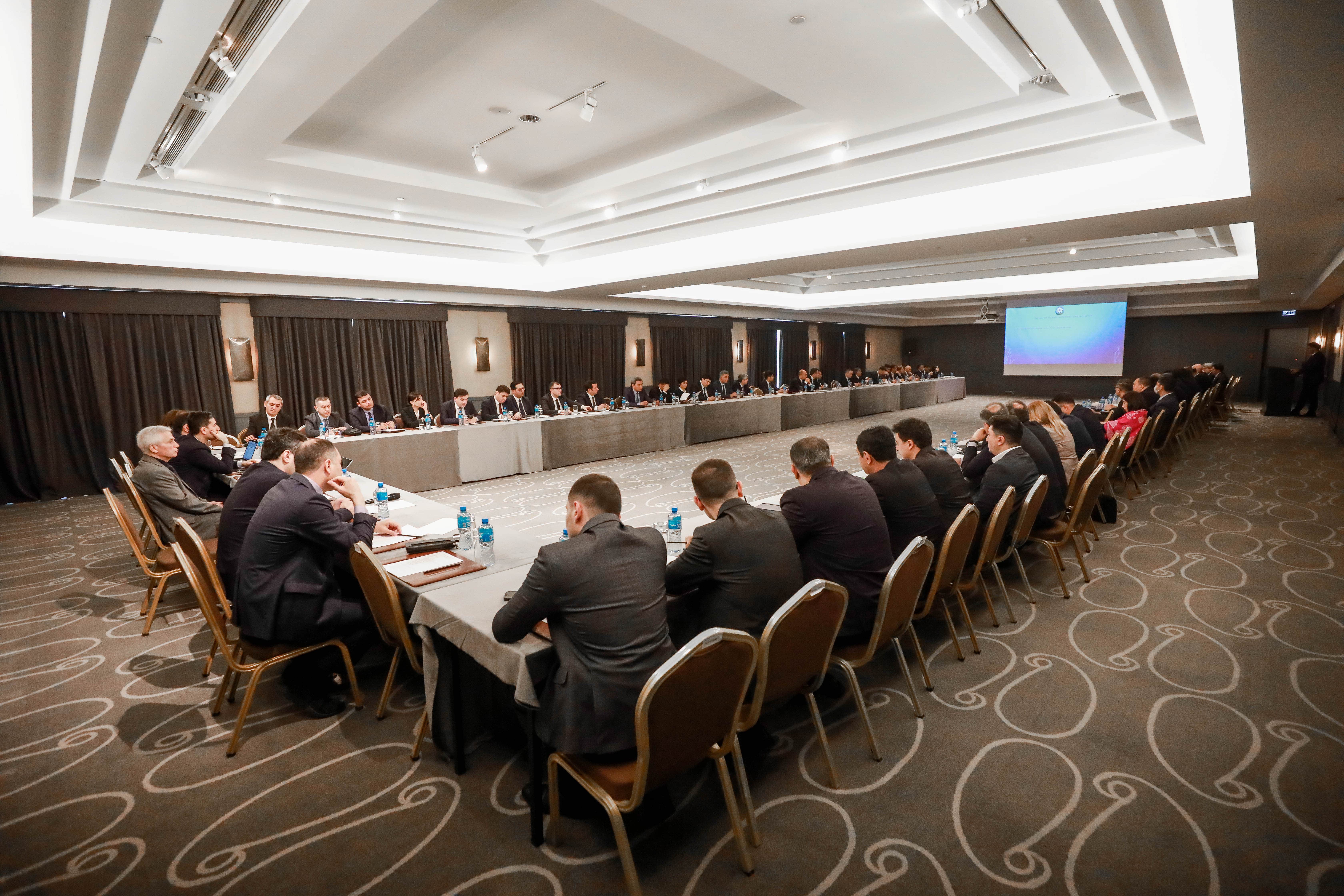
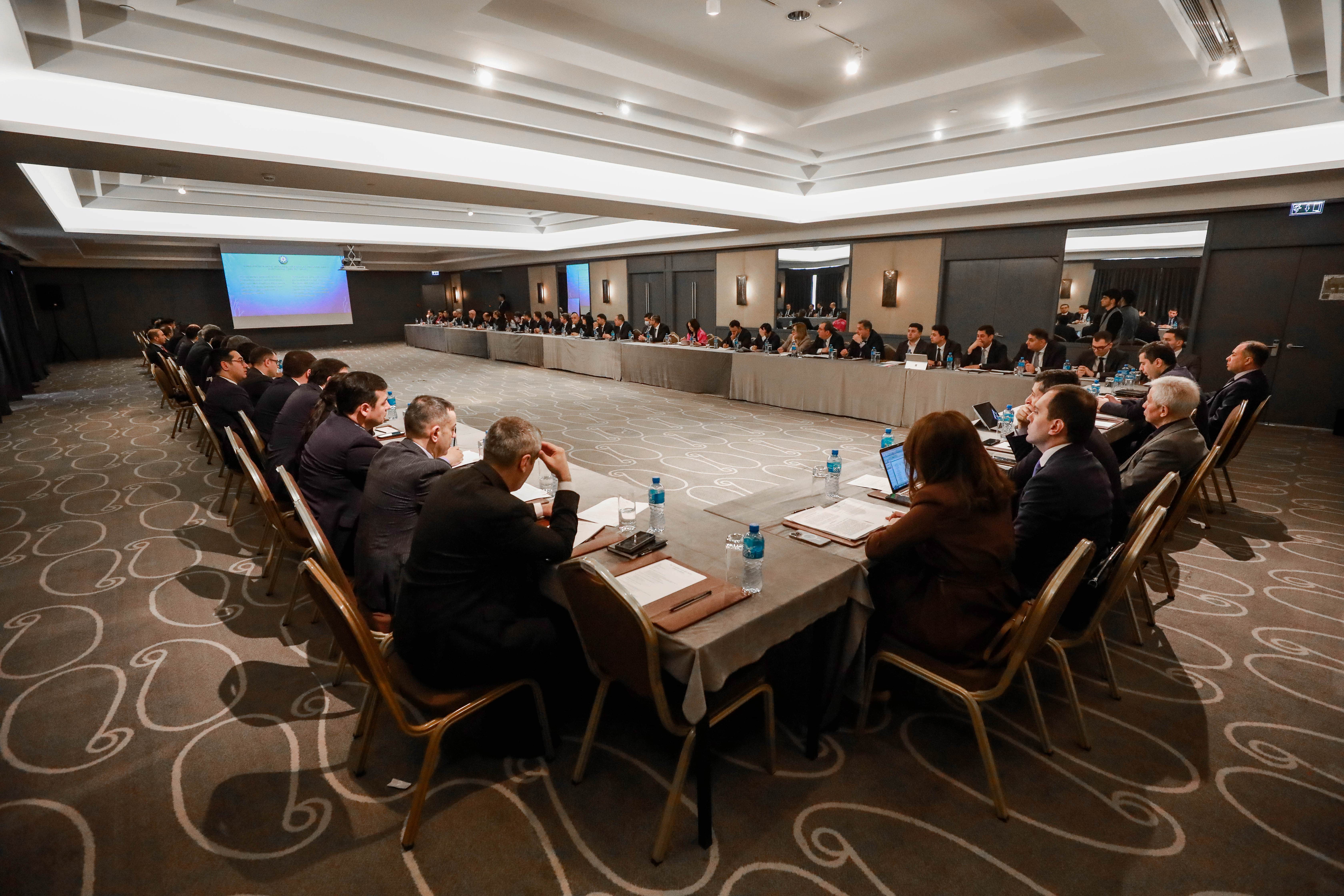
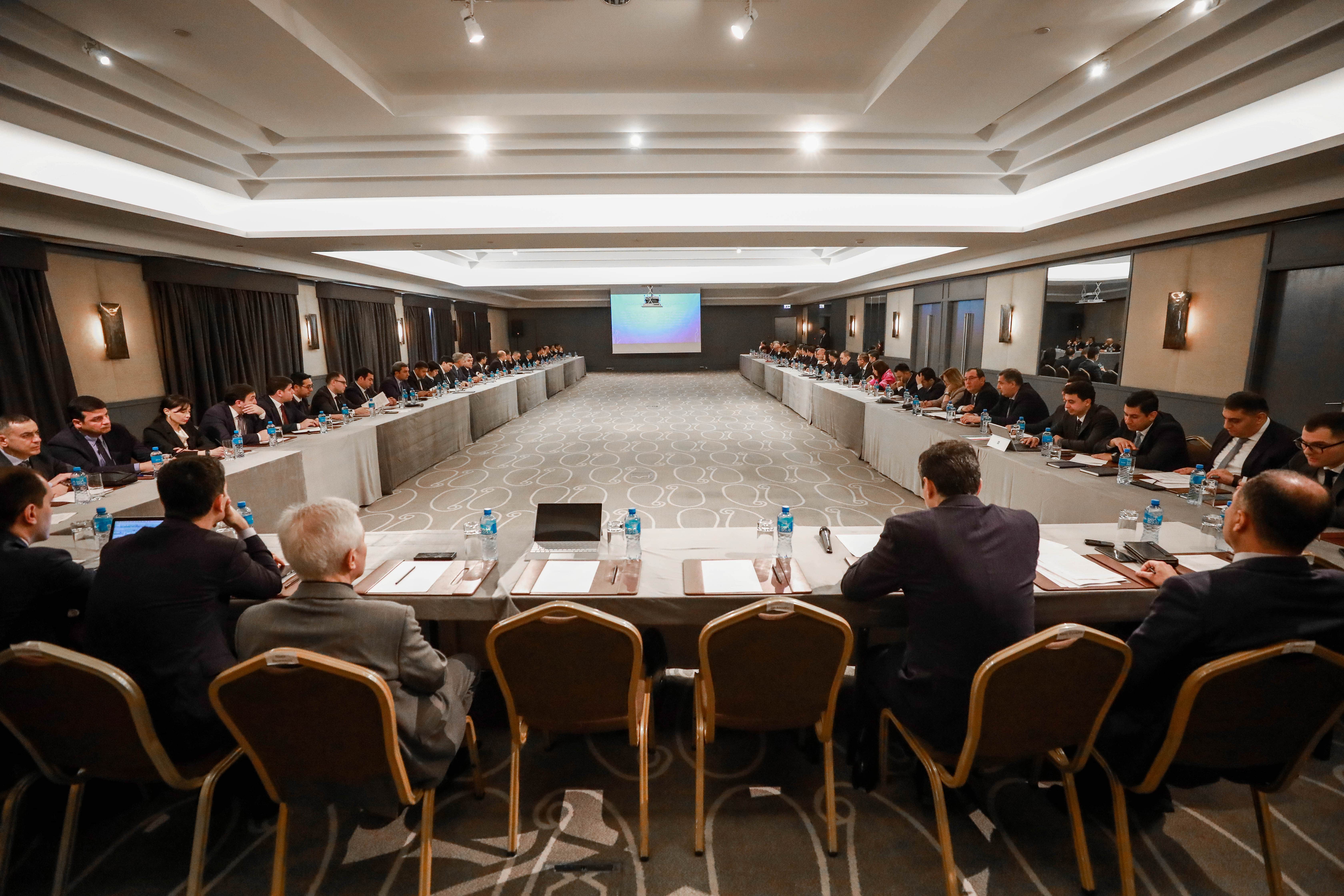
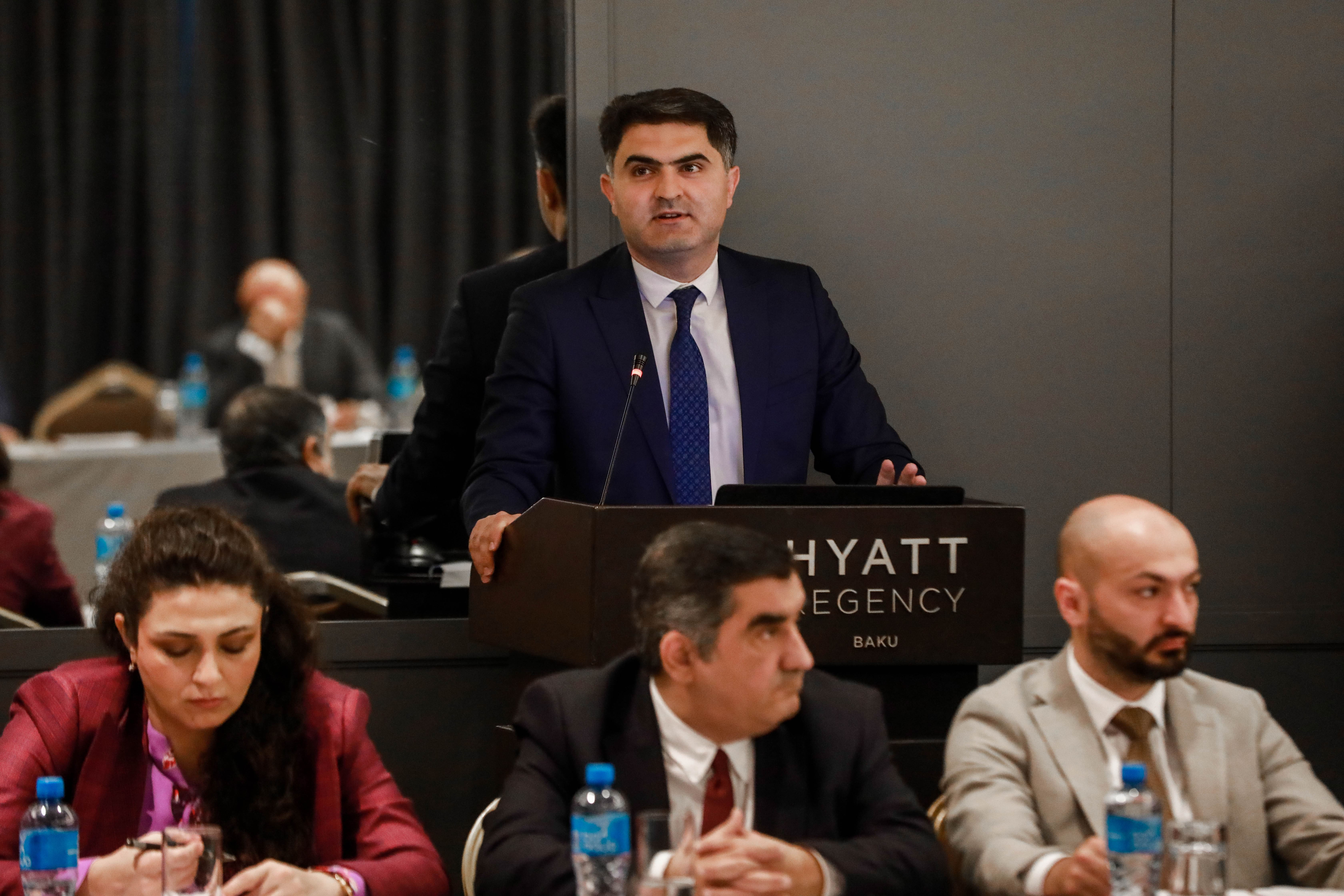
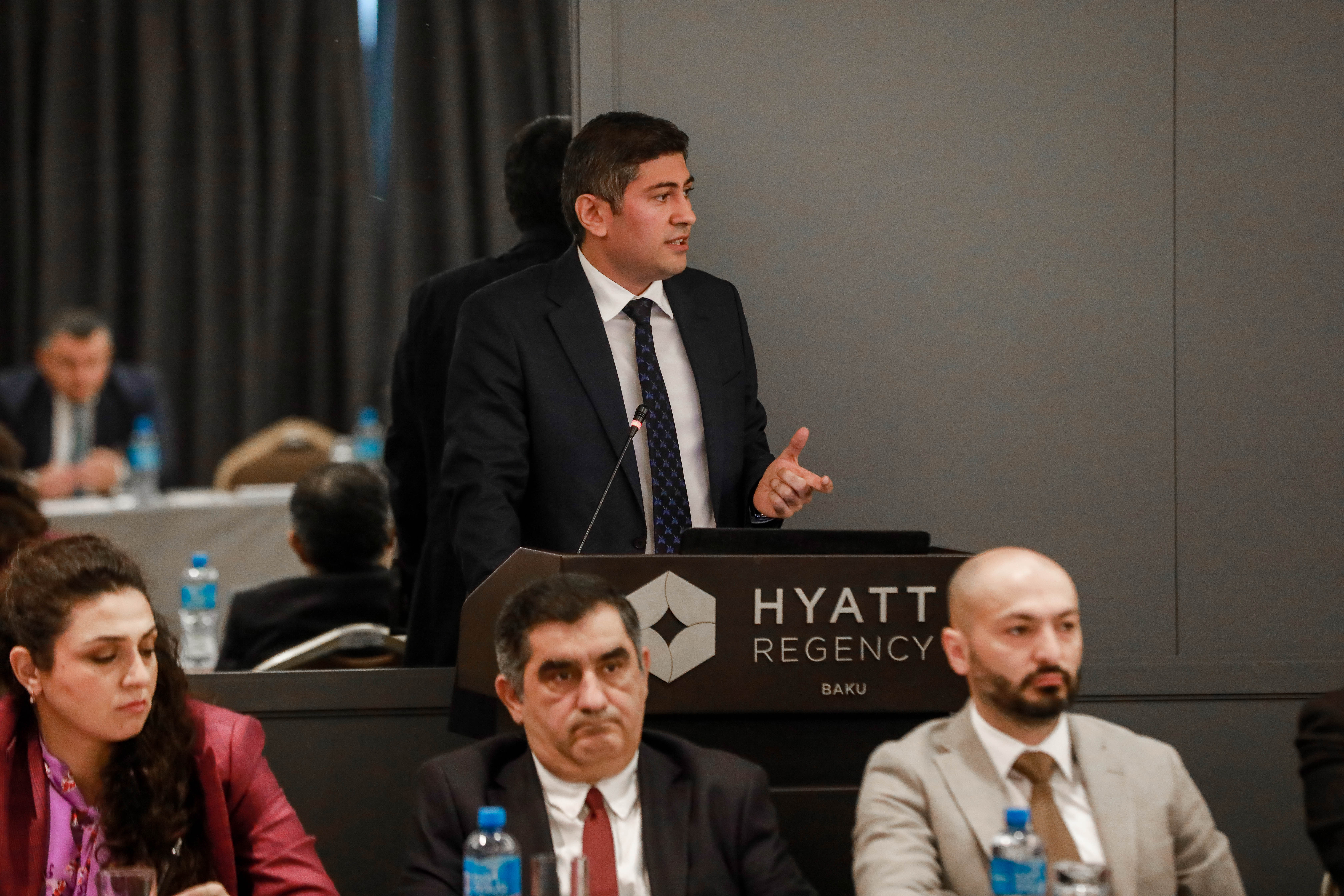

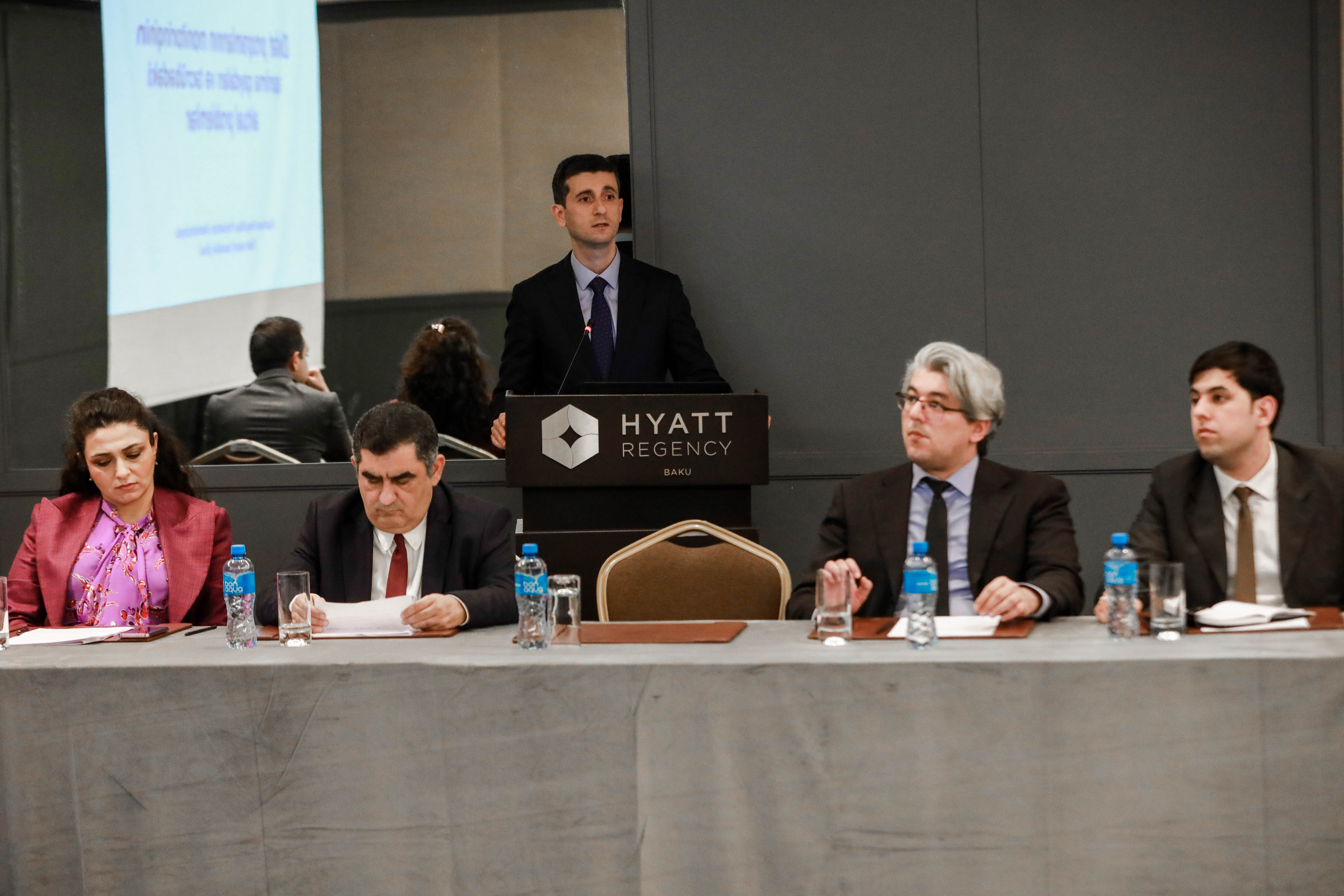
-min_1744380741.jpg)
-min_1744380767.jpg)
-min_1744380778.jpg)
-min_1744380789.jpg)
-min_1744380804.jpg)
-min_1744380841.jpg)
-min_1744380871.jpg)
-min_1744380885.jpg)



